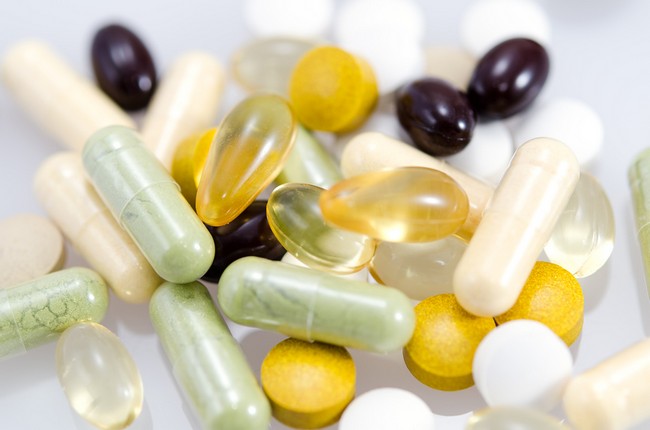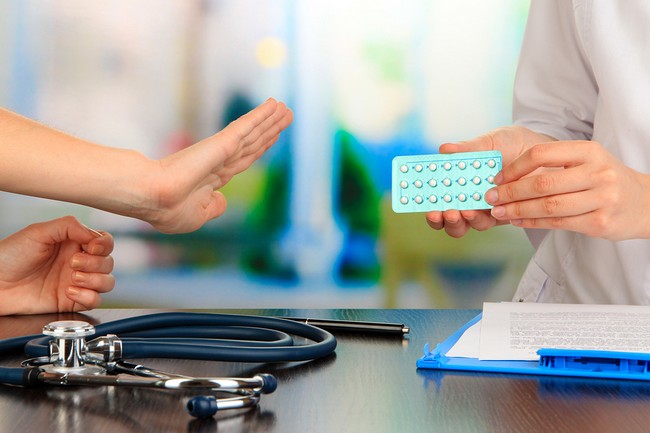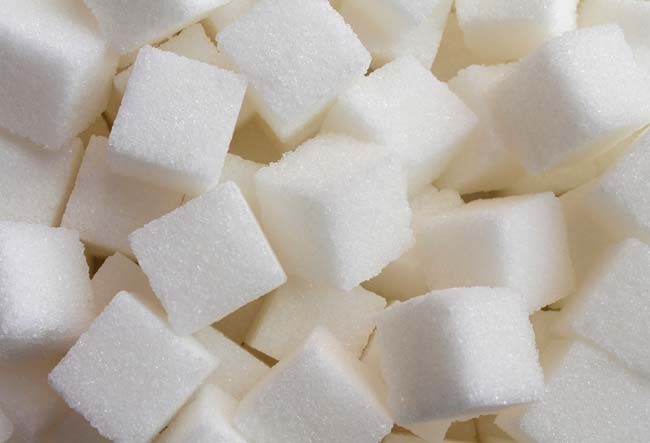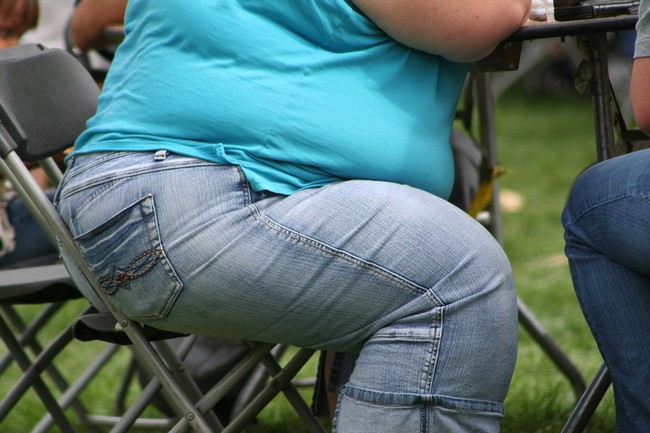- Make It Yourself Lavender Heart-Shaped Bath Bombs!
- 20 Things You Never Knew About “Down There”
- 12 Best Foods For Those Suffering From Arthritis Pain
- 12 Personal Hygiene Mistakes Almost Everyone Makes (Mom Never Told You About #4!)
- 15 Medicinal Plants And Herbs From The Cherokee People
- 12 Mind-Blowing Benefits Of Drinking Coconut Water During Pregnancy
- 12 Outstanding Winter Foods That Won’t Fatten You Up Like A Christmas Turkey
10 Simple Ways to Reduce Your Risk of Breast Cancer

Photo credit: bigstock
Unfortunately, in the health care system we have today, we are told that there is actually very little we can do help ourselves to stay healthy. The general belief is that sooner or later some type of sickness or disease will happen to our bodies, and when it happens we will need doctors to “save” us through drastic surgery, pharmaceuticals, or even chemotherapy.
It really doesn’t have to be that way, however. There are many, many things you can do to lower your risk of developing many diseases, including breast cancer. There have been literally thousands and thousands of studies showing that simple lifestyle changes can tremendously lower the risk of developing many different types of cancer, as much as 50 per cent in some cases and even as much as 77 per cent.
Let’s take a look at the top 10 easy lifestyle changes you can make that can greatly reduce your risk of developing breast cancer.
1. Vitamin D
One of the easiest ways to reduce your risk of breast cancer is to optimize your vitamin D intake. You should strive to achieve at least 70 and preferably 100mg/ml, as this will drastically reduce your risk.
Safe exposure to sunlight is the best, most natural method, but the use of a tanning bed that uses an electronic ballast (NOT a magnetic one) is a good alternative. Ask your salon before you go; if they don’t know the answer, choose another tanning salon.
Either of these techniques is preferable to taking high dose pill supplements, because for those to work you would need to dramatically increase your vitamin K2 intake as well. Use the sun, whenever possible, for a safe, all natural way to get your vitamin D.

Photo credit: bigstock
2. Avoid Hormone Therapy
Or if you must, at least keep your hormone intake to a minimum.
Ingesting hormones has been a “solution” for typical menopause symptoms such as night sweats and hot flashes, however a study in 2002 showed that postmenopausal women who used estrogen and progestin were much more likely to develop breast cancer.
Your breast cancer risk returns to normal 5 years after hormone therapy is stopped.
Talk to your doctor about finding more natural ways of controlling those symptoms rather than using hormones.

Photo credit: bigstock
3. Sleep
You need proper sleep, which means not only a sufficient amount of hours, but sleeping between certain hours as well.
Research has shown that this is an important factor because your hormones fluctuate during the day and night, so if you are going with the flow, as in keeping regular hours, you can get the best levels available.
Going against your body’s natural, internal clock by staying awake late or getting up very early in the morning interferes with your body’s natural rhythm. Whenever possible, try to maintain a regular schedule that includes a minimum of 7, or preferably 9 hours of sleep every night.
Read more about the ways to sleep better every night.

Photo credit: bigstock
4. Iron
Keep an eye on your iron levels. After menopause many women find they have excessive levels of iron in their blood. Iron is a powerful oxidant, which increases free radicals in your body and thereby raises your risk of cancer. Have your doctor check your Ferritin level. Ideally it should not be above 80. If it is, the simple solution is to donate blood.
5. Limit Alcohol
Women who drink 2 or more alcoholic drinks every day increase their risk of breast cancer by more than 1.5 times compared to those who do not drink.
Have no more than 1 drink per day, which means no more than 12 ounces of beer, or 1.5 ounces of hard liquor, or 5 ounces of wine per day.

Photo credit: bigstock
6. Reduce Sugar
Consider a drastic reduction in how much sugar/fructose and/or processed foods you eat. By avoiding sugar you can keep your leptin and insulin at normal levels.
This is perhaps one of the most powerful ways you can reduce your risk of cancer.
Research shows that refined fructose is actually more dangerous than plain white table sugar, as fructose can actually “feed” cancer growth.

Photo credit: bigstock
7. Fasting
Try fasting intermittently as part of your new lifestyle. Fasting will help your body burn fat instead of sugar as its source of fuel. Your body can burn either sugar/carbs or fat.
Cancer cells thrive on carbs/sugar, so by having your body use its fat instead, you can reduce the risk of your body developing cancer and feeding on sugar.
Intermittent fasting allows timing your meals to allow for periods when your body takes a rest from digesting food and lives off food it has stored for later.
A minimum fast is 16 hours, so fasting isn’t as difficult as it seems. Plan for at least one day a week when you eat only between, say, 10AM and 6PM. Not nearly as difficult as it sounds and doing this will reduce your cancer risk.

Photo credit: bigstock
8. Exercise Regularly
Regular exercise is a breast healthy habit you want to develop.
As little as 75 minutes of brisk walking a week (that’s only 11 minutes a day!) can lower your risk of breast cancer.
Adding a little more time or effort into your exercise routine can lower your risk even more.
Find out 5 of the most vital exercises you can do.

Photo credit: bigstock
9. Watch Your Weight
Being overweight can increase your risk of breast cancer.
This is even more true for women who gain weight after menopause. A major source of estrogen is in fat tissue, even more so than your ovaries. If you are at a healthy weight now, take strides to keep it there. If you are overweight, lose weight in small steps.
Start for a 5 per cent reduction in the next 6 months, then another 5 per cent. This is not very difficult when you think that you are usually talking about just a half pound per week or 2 pounds per month.
It may seem ridiculously slow but it will have great benefits in the long haul.
10. Breastfeeding
If you have children, or are planning on having children, be sure to breastfeed your baby exclusively for at least 6 months.
There are numerous studies showing that this alone will reduce your risk for breast cancer.



































